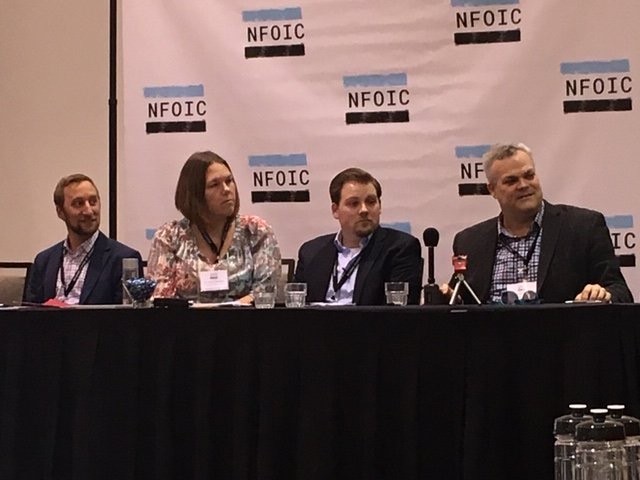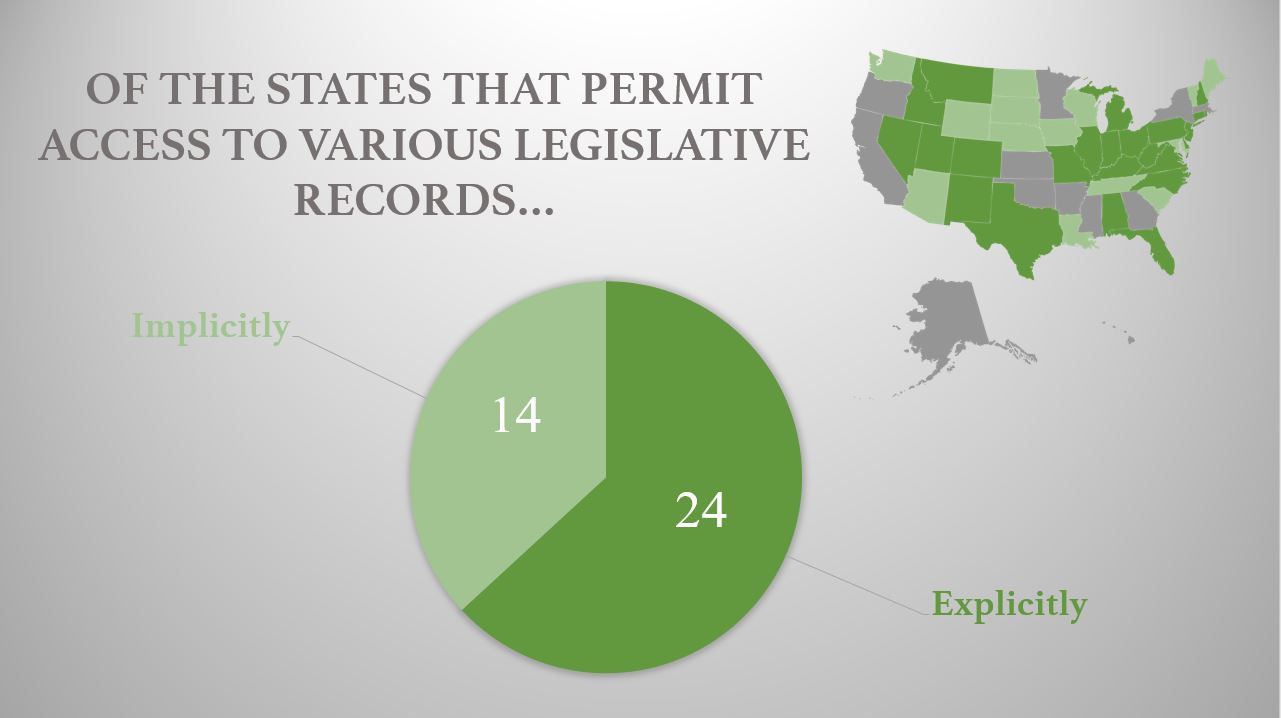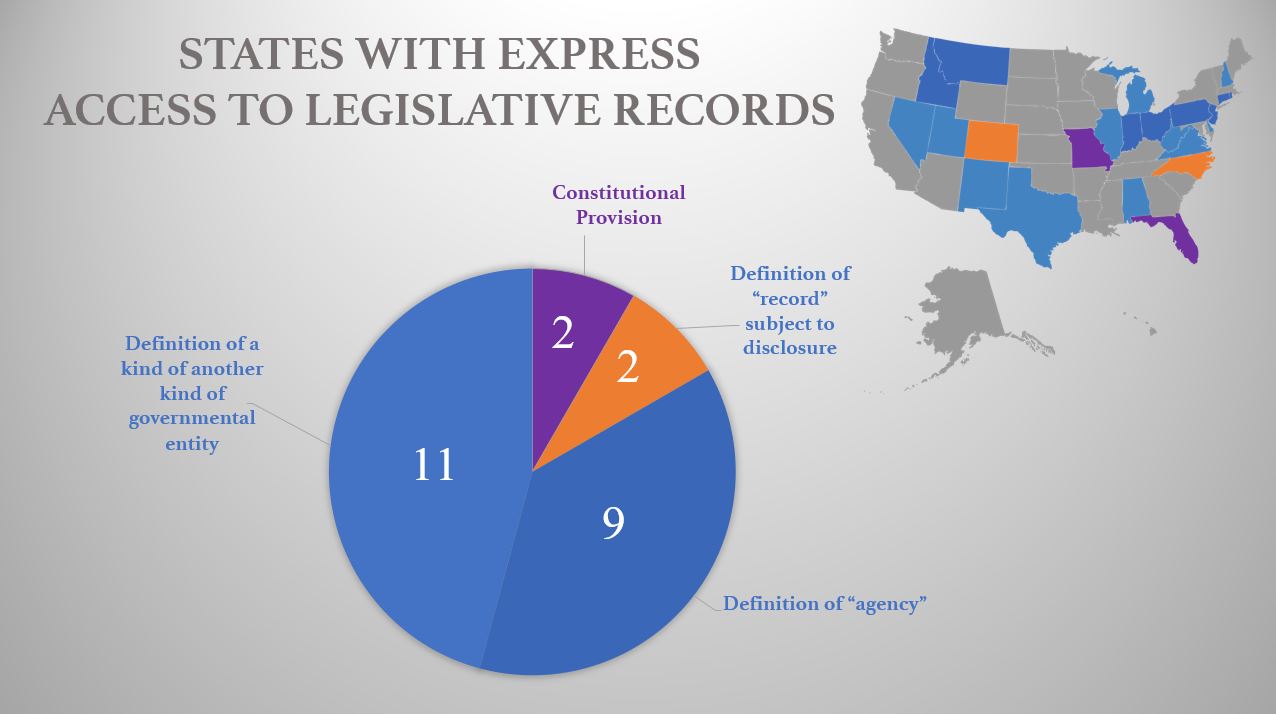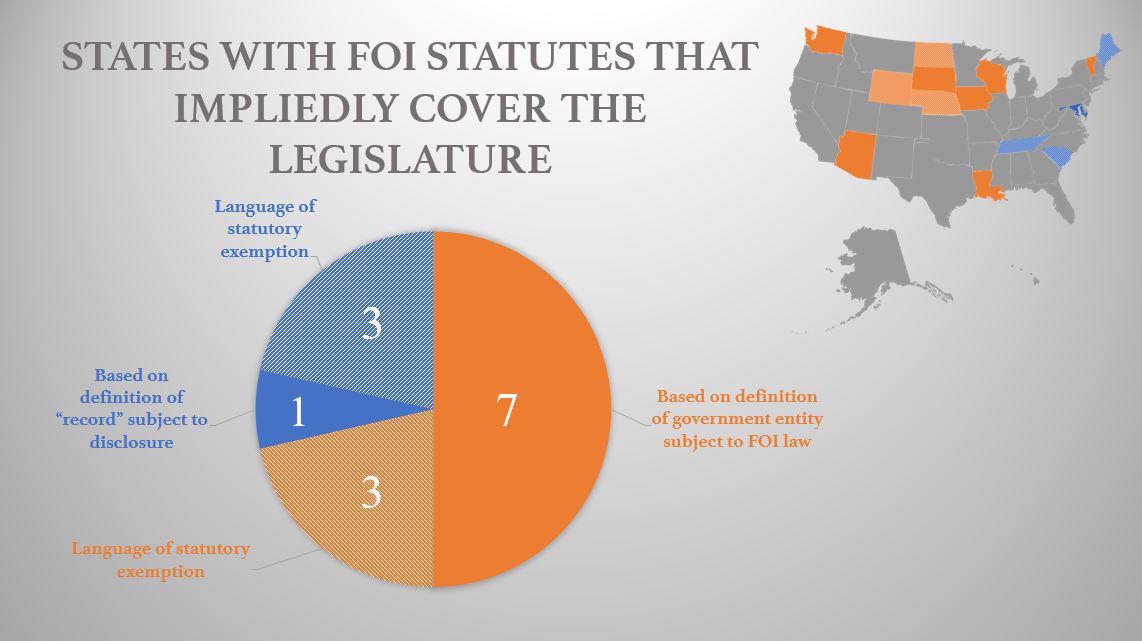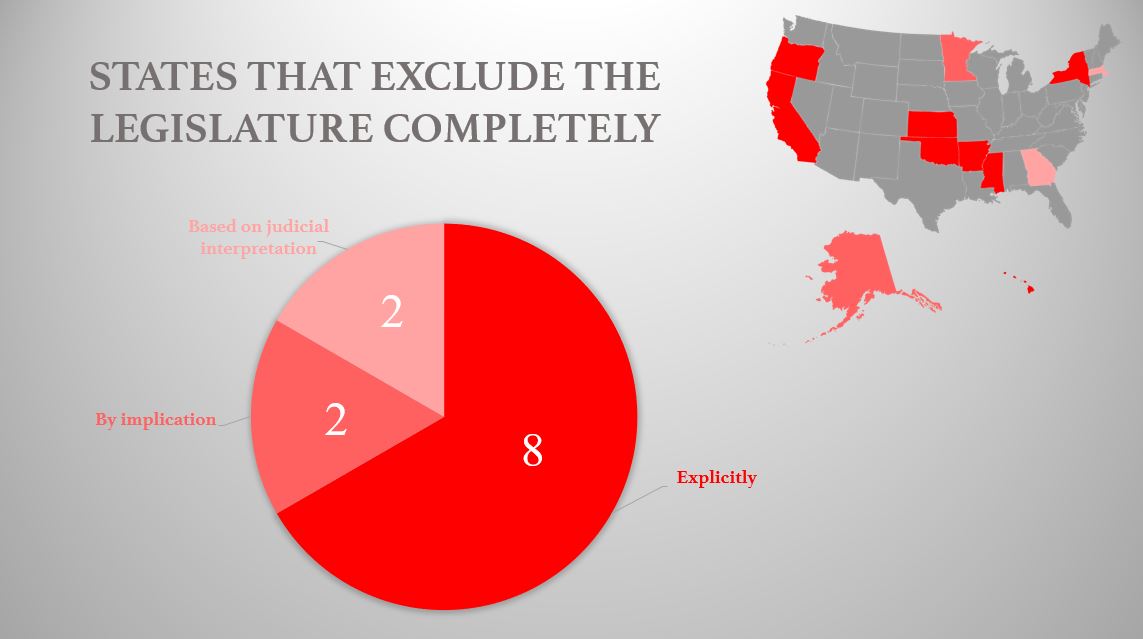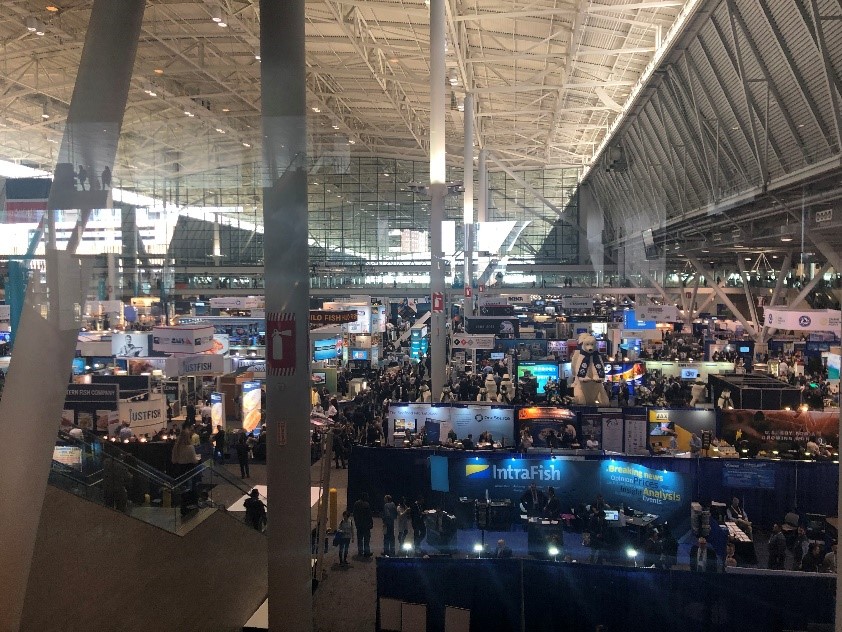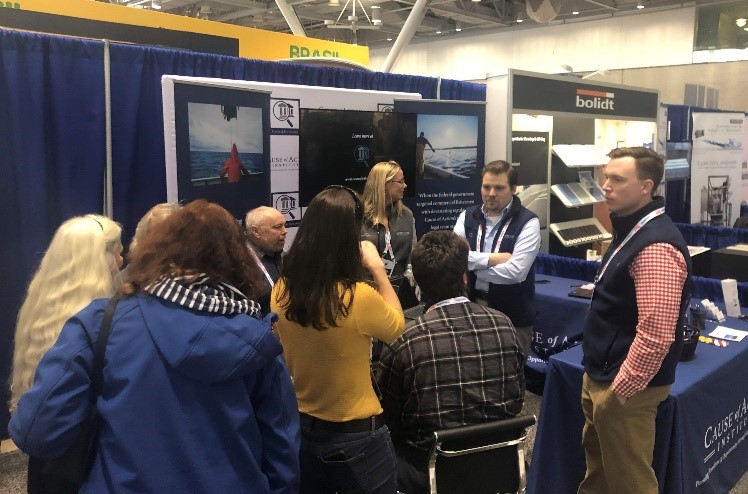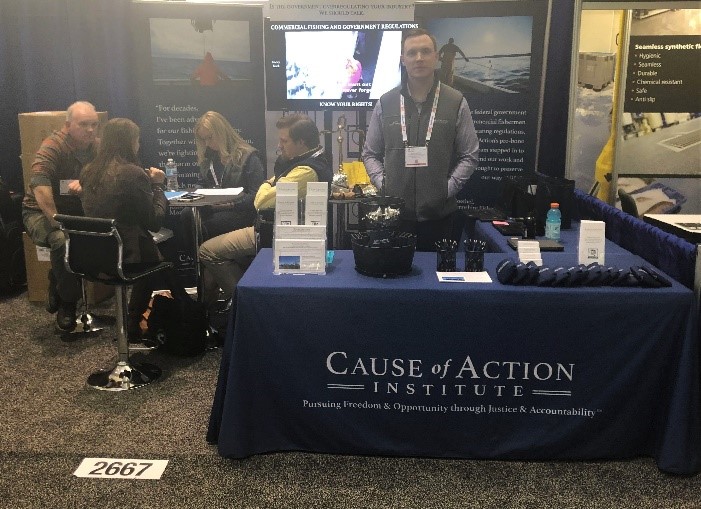Yesterday, Cause of Action Institute (CoA Institute) joined hundreds of small business owners and entrepreneurs at the 2019 Small Business Expo in Washington D.C. CoA Institute has long been an advocate for protecting the economic rights and freedoms of small businesses, and connecting with stakeholders at this event proved this fight is still as important as ever.
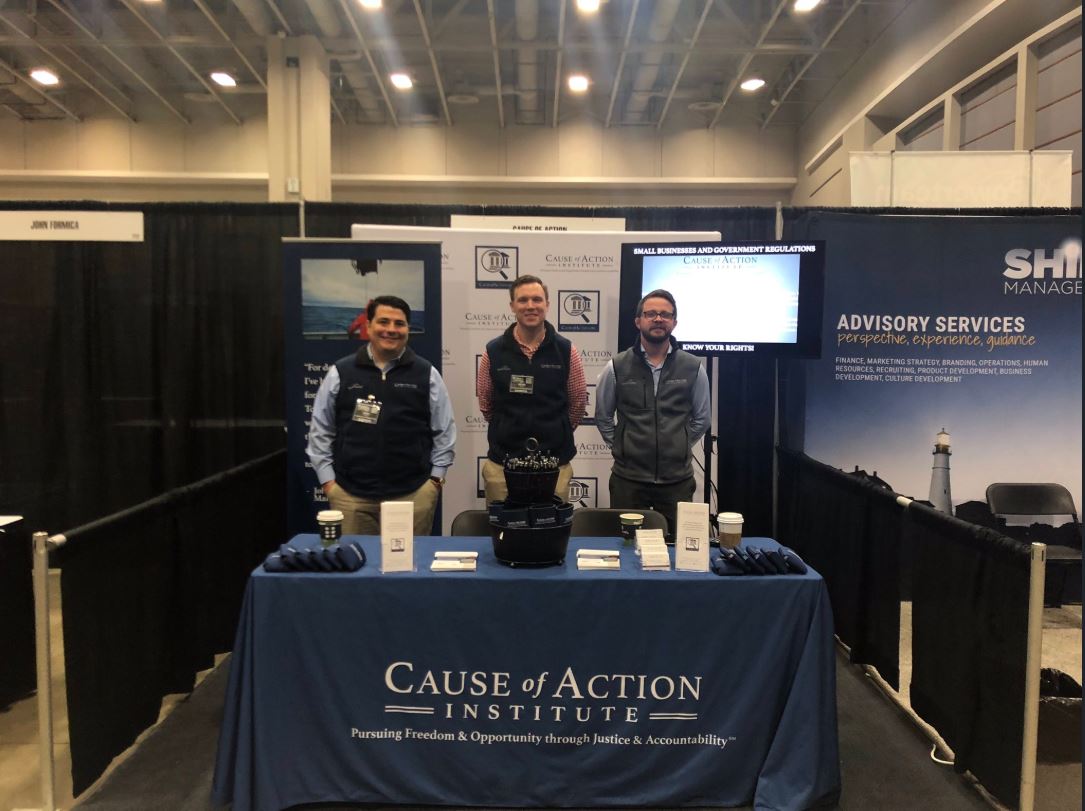
We have previously represented clients from various industries who have been impacted by burdensome regulations, and the people we connected with at the Expo continued to be representative of the diverse fields and industries impacted by these policies. We spoke with people who own businesses in fields such as healthcare, beauty, finance, and tech who all claim that regulations from several government agencies negatively impact their ability to grow or operate their business. Barriers created by issues such as unnecessary occupational licensing requirements hinder many small businesses, and the attendees at the Expo were no exception to these harms.
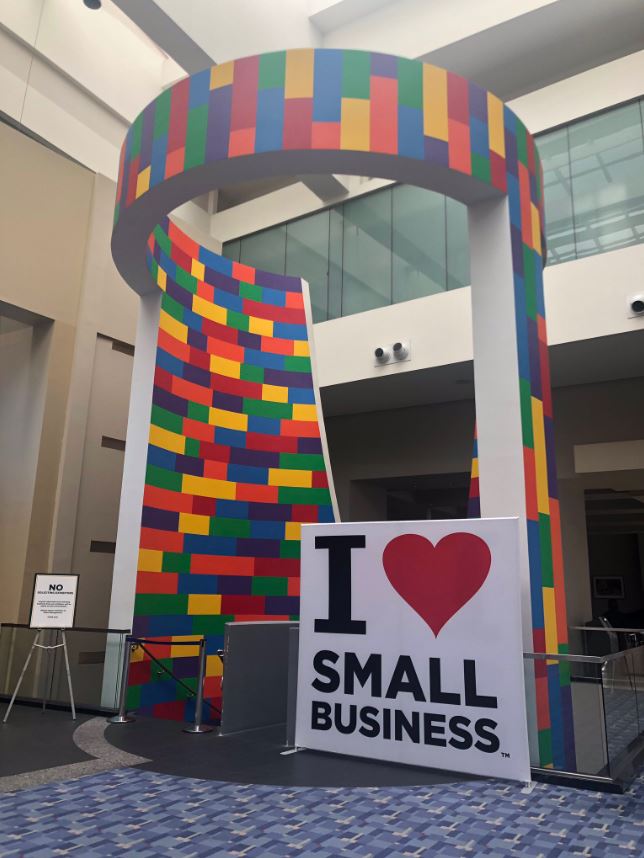
Small business owners represent some of the greatest examples of the economic opportunities available to Americans. However, costly and excessive regulations far-too-often limit the potential for many of these entrepreneurs. Government regulations should support and promote entrepreneurial endeavors and innovative operations, and CoA Institute will continue to fight against regulations that thwart these opportunities.
Mallory Koch is a communications associate at Cause of Action Institute.
